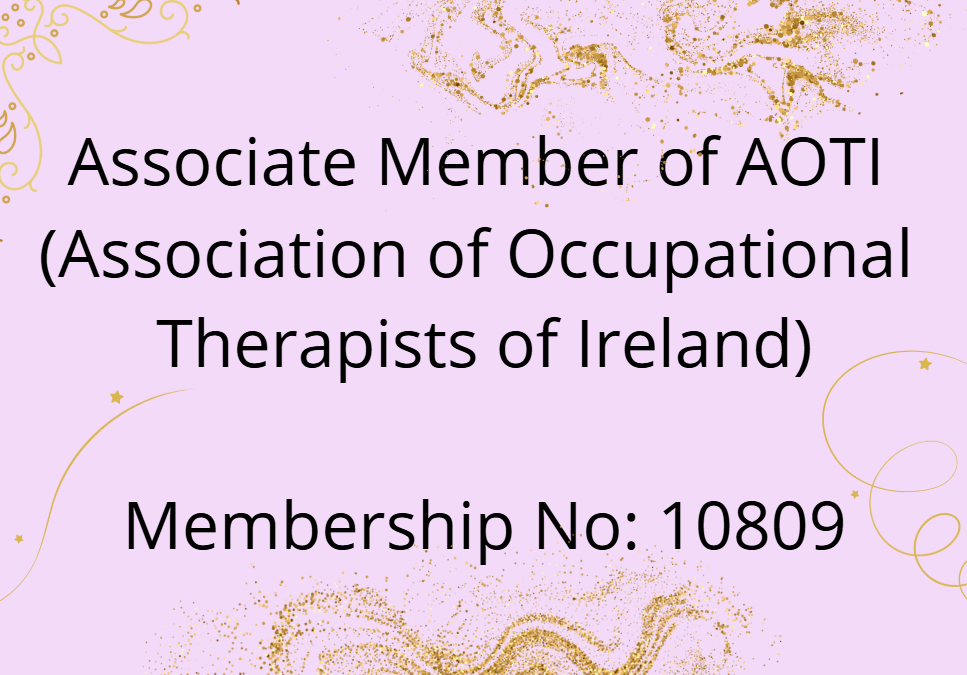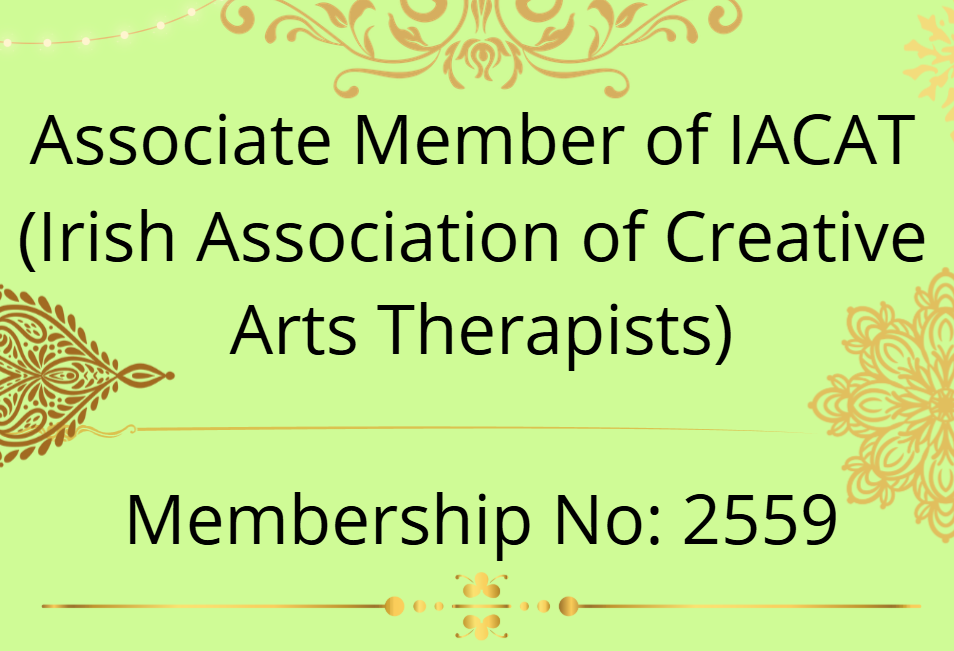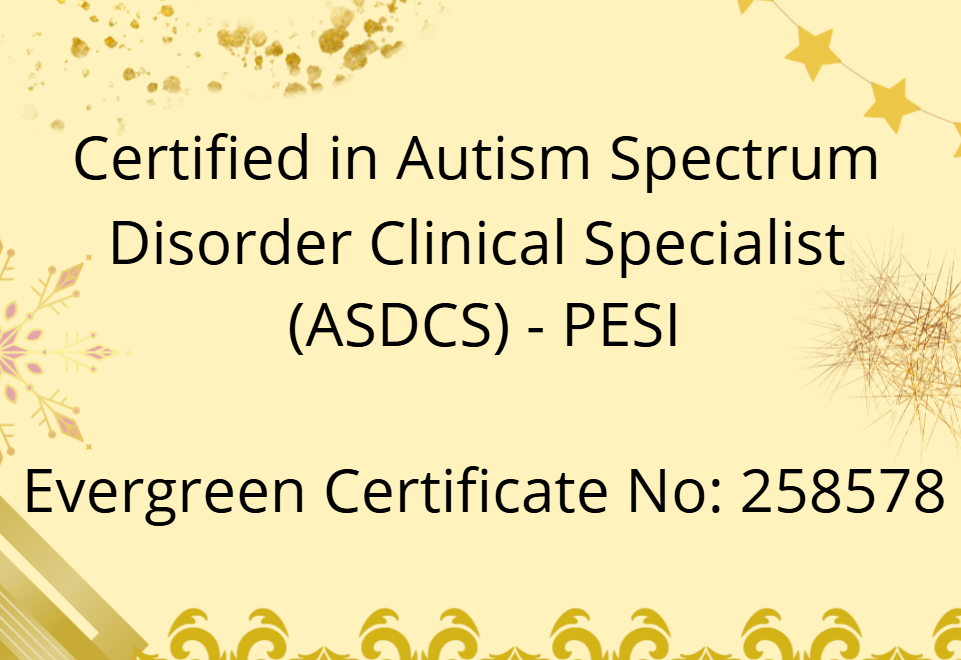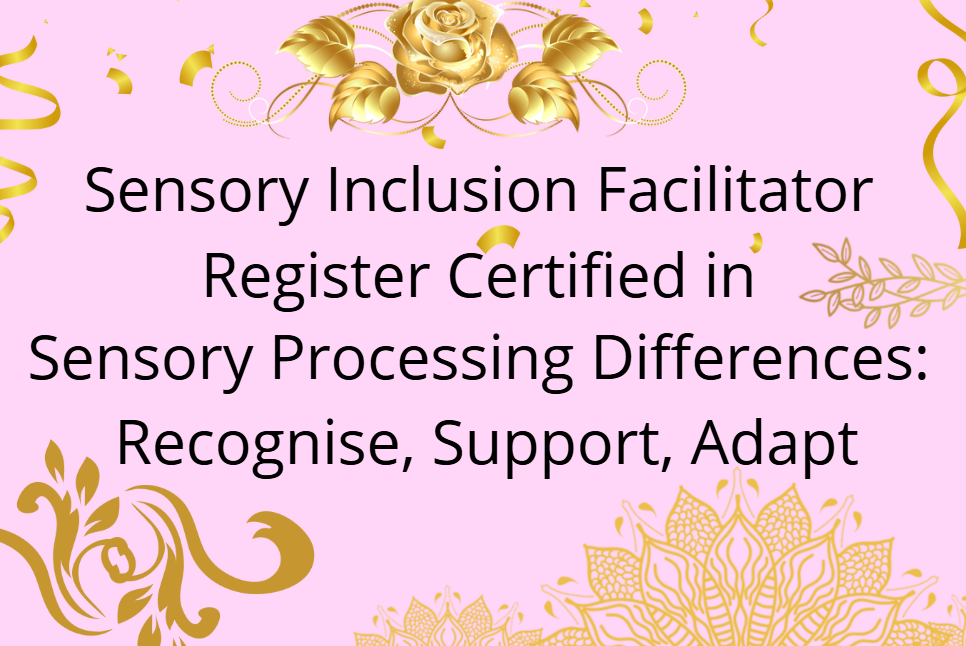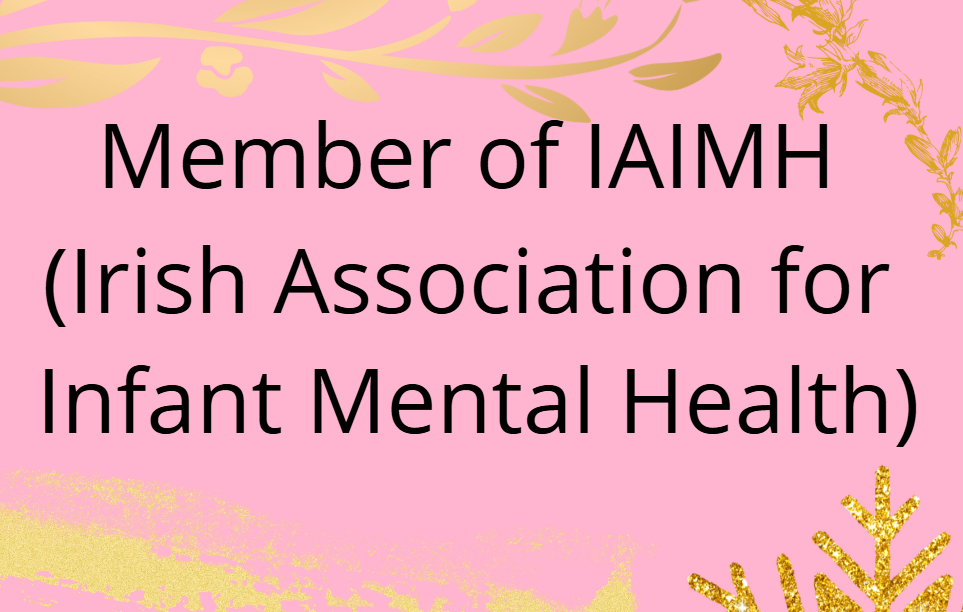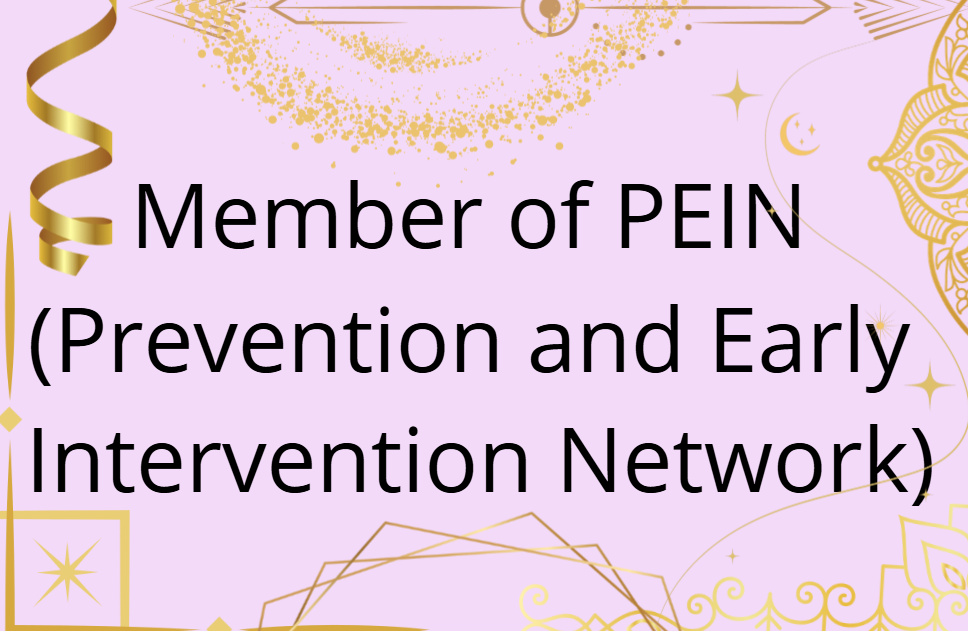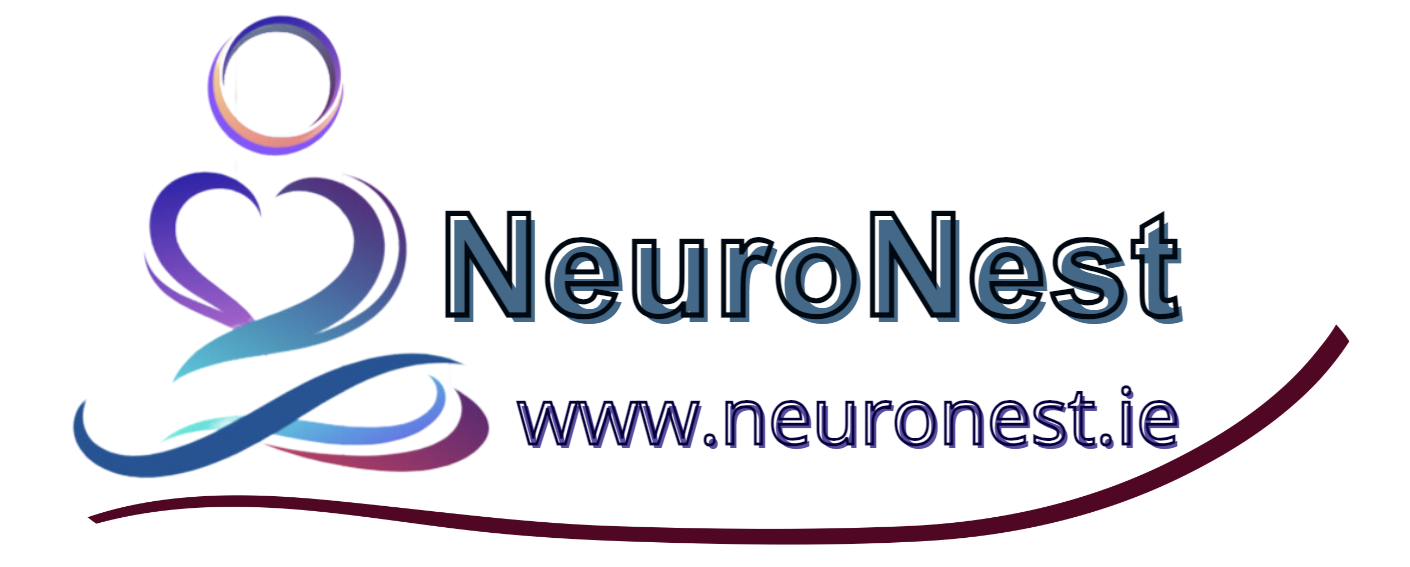Why Is It Important to Understand Fetal Neuromotor Development?

Author: Kristina Rautek Potocnik, BA (Hons) Ed. Rehab., HDip Early Childhood Studies, MA Early Intervention & Inclusion, Cert. Play Therapy | SI | ASD | Reflexes | ABA, ongoing MSc SLT
Fetal neuromotor development begins long before a baby is born. During pregnancy, the brain and nervous system go through many complex changes. As the brain develops, the fetus begins to move. These early movements are not random—they reflect how the central nervous system is growing and maturing.
Understanding fetal behaviour helps us in many ways. If a fetus moves less than expected or shows unusual movement patterns during a certain time in pregnancy, it could be a sign of problems in the brain or other organs. That’s why watching and understanding fetal movements is a useful tool in early detection. It gives doctors a chance to act early, even before the baby is born.
The first spontaneous movements happen in the first trimester. As the brain develops more complex structures and connections, fetal movements become more varied and organised. The number and quality of these movements give us clues about brain development. Scientists have found that fetal behaviour can predict a baby’s future growth and development.
However, this does not mean that every unusual movement means the baby will have problems. But early monitoring of the fetal nervous system gives us a chance to support the baby’s development from the very beginning. After birth, professionals can continue to observe spontaneous movements and motor development through the first 18 months of life. Thanks to brain plasticity and the right support, positive changes are possible, even if early signs looked concerning.
To make all this useful in real-life practice, professionals working with young children need to be trained to understand and apply this knowledge. They need to learn how fetal behaviour connects with later development. More research is still needed, and support for scientists in this area is essential.
By learning and working together, even with small steps, we can bring new discoveries into everyday practice and give children the best start in life.
References:
Torabi, F., Akbari, S. A., Amiri, S., Soleimani, F. and Majd, H. A. (2012) ‘Correlation between high-risk pregnancy and developmental delay in children aged 4–60 months’, The Libyan Journal of Medicine.
Vasilj, O. (2014) Assessment of fetal behaviour using four-dimensional ultrasound in pregnancies with gestational diabetes. PhD thesis. University of Zagreb, Faculty of Medicine.
Latest Posts
- How children make sense of the world through their senses
- How your baby learns about the world through their senses
- Helping your child grow stronger through movement and play
- Understanding How Early Intervention Helps Children Learn, Move, and Connect
- How to Recognise Tactile Defensiveness and Help Your Child Feel Safe
- Understanding Feeding Challenges and How to Support Your Child at Home
- Let’s Talk Sitting: Exploring Floor Seating Options
- Retained Primitive Reflexes: The Hidden Cause Behind Developmental Struggles
- Where Curiosity Blossoms: How Children's Play Nurtures Growth for All
- Helping Your Child Through Stress: A Gentle Guide for Parents
- Sweet Little Lies – How to Recognise and Respond with Care
- Chores Are More Than Just Tasks – They’re a Tool for Growing Independence, Focus, and Confidence
- How to Help Children Develop Emotional Intelligence
- Blending Technology and Care: How VR Meta Quest Supports Children at NeuroNest
- A simple guide for parents who want to raise confident, happy children
- Setting Boundaries with Love: A Simple 3-Step Guide for Parents
- Understanding Behavior Through the Nervous System
- A Compassionate Lens on Dysregulation in Non-Speaking Autistic Individuals
- Supporting Development Through Movement: The Role of the Swing in Early Intervention
- Blending Tradition and Innovation: How NeuroNest Supports Your Child’s Unique Journey
- When Movement Meets Innovation: Supporting Child Development with GoBalance
- Why Visual Perception Matters for Everyday Life and Development
- Benefits of Chess in Early Intervention
- Building Healthy Nutrition from the Start
- A Journey Back to Your True Self
- Supporting Your Child’s Hand Skills for Confident Writing
- Blending the Best of Both Worlds
- Helping Toddlers Eat Well: A Parent’s Guide
- Why Tummy Time Matters for Your Baby's Development
- Helping Your Child Build Everyday Independence
- Who Are the Disconnected Kids?
- From First Tries to Automatic Habits: Understanding the Stages of Skill Learning
- Why a Child’s Level of Alertness Matters for Memory and Learning
- Early brain development starts before birth
- Why Slowing Down, Adapting Tasks, and Adding Breaks Helps Children Learn Better
- Why ADHD, Autism, Dyslexia and Other Challenges Need a New Approach
- The surprising power of copying in child development
- Books are more than just language tools—they’re powerful allies in sensory and motor development.
- Rethinking sensory support: moving beyond expensive rooms toward everyday understanding.
- Understanding how fear develops in a child’s brain
- Understanding how an early baby reflex can affect your child’s daily life
- A gentle start into baby development through movement and bonding
- A child-centred, research-informed approach that uses the power of play to support communication, emotional regulation, motor development, and meaningful growth from infancy to twelve years.
Our Partners

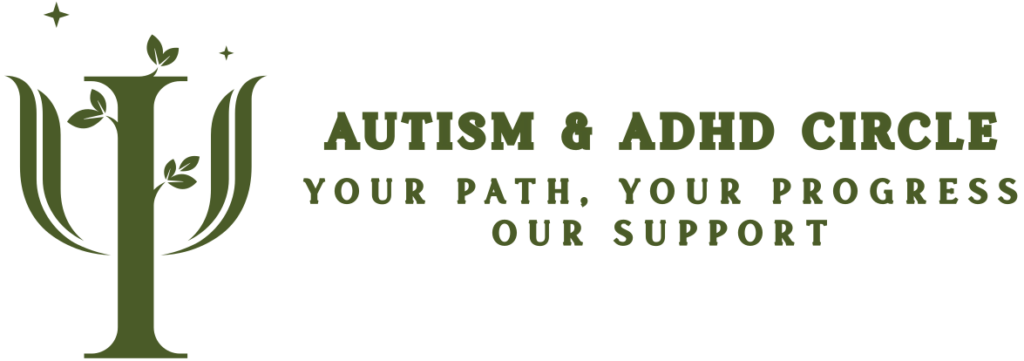
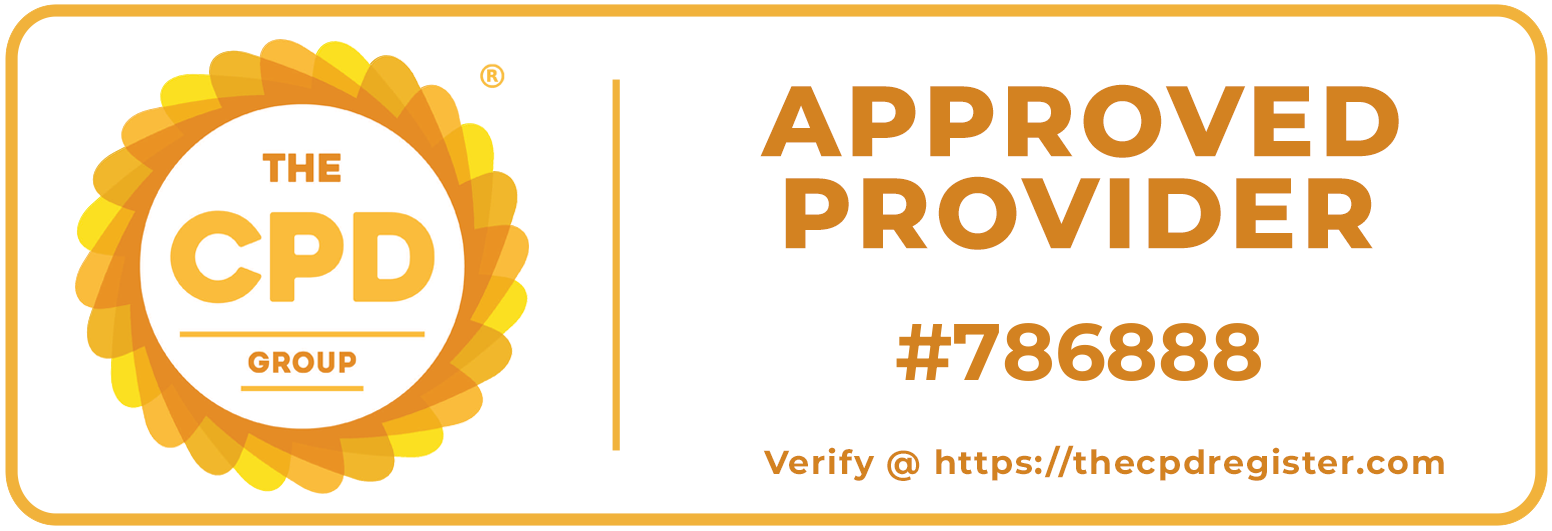
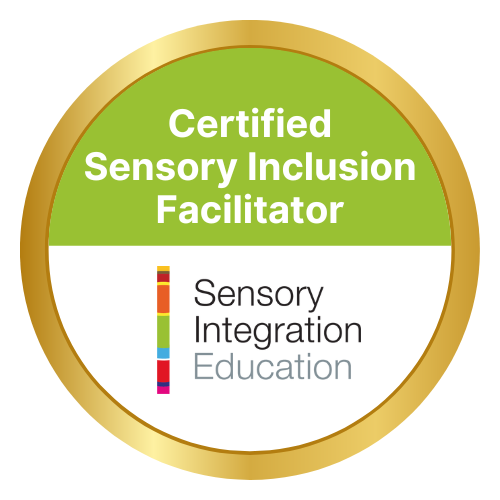
Our Memberships
